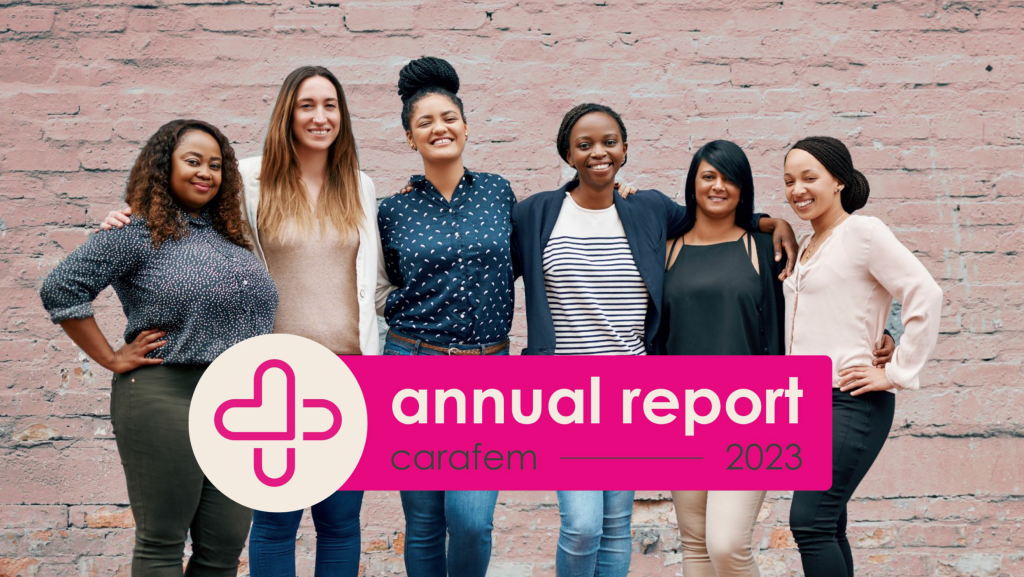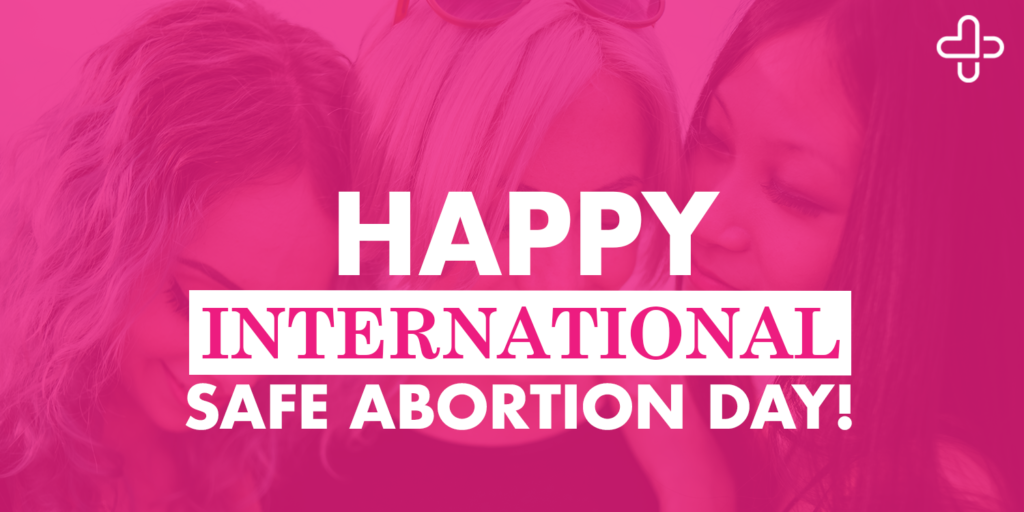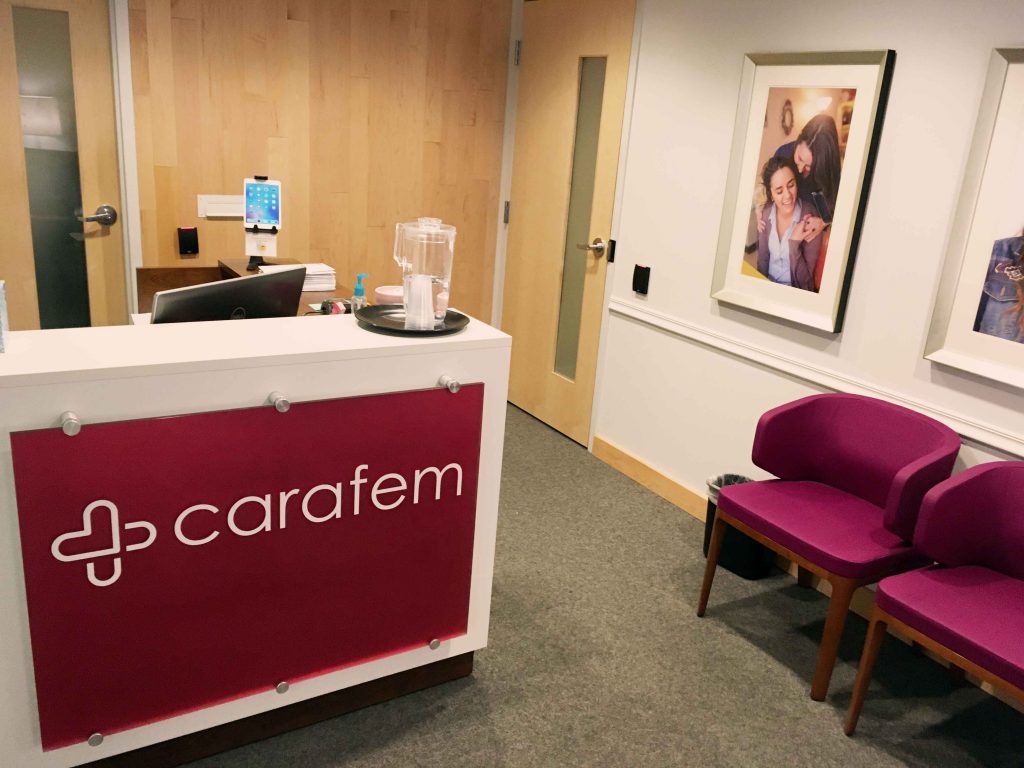You may have heard of emergency contraception (EC), also known as “the morning after pill” or sometimes by the brand name “Plan B.” Emergency contraception pills are a great way to prevent pregnancy up to 72 hours after unprotected sex and are an excellent resource if a condom breaks or birth control fails.
You may have also heard of the abortion pill, which is a totally different medication with a totally different purpose. Instead of preventing pregnancy from occurring, the abortion pill safely and effectively ends an already-existing pregnancy within the first 11 weeks.
Though the abortion pill is gaining momentum in the U.S. as a popular way to safely end a pregnancy, many people have still never heard of it. At the same time, some folks incorrectly believe that emergency contraception causes an abortion (again: it doesn’t! Only the abortion pill causes an abortion, and emergency contraception will not interrupt an existing pregnancy).
So — when should you choose emergency contraception over the abortion pill (or vice versa)? To put it simply, EC pills are best for “oops” moments — and should be taken as soon as possible within 5 days after unprotected sex has occurred.
On the other hand, if you are already within the first 10 weeks of pregnancy and are considering an abortion, you may want to use the abortion pill.
Check out the FAQs below for more:
How do the abortion pill and emergency contraception work?
The abortion pill stops pregnancy growth and stimulates the uterus to expel pregnancy.
Emergency contraception prevents pregnancy by preventing ovulation. In other words, it keeps your body from releasing an egg.
Are there different kinds of emergency contraception and abortion pills?
The most common type of EC comes in the form of pills you can buy over-the-counter at the pharmacy, no doctor’s prescription needed — such as Plan B or a generic version of the same. These pills should be taken ASAP within 5 days after sex, and ideally within the first 72 hours. Effectiveness of these pills decreases by day — so hop to it!
Another brand of EC, called Ella, can be taken up to 5 days after unprotected sex, with no decrease in effectiveness during that time. It does require a doctor’s prescription, though.
The most effective form of EC is the Paragard IUD* (a.k.a copper IUD — more on that at the bottom of this page).
In the U.S., the abortion pill is actually a combination of two different medications: mifepristone and misoprostol.
Does it cause an abortion?
Emergency Contraception (Plan B) does not cause an abortion. EC pills work to prevent pregnancy after sex and will not cause an abortion if pregnancy has already occurred. Abortion pills cause an abortion.
When are abortion pills and emergency contraception pills be most effective?
The morning-after-pill, like Plan B or generic EC, should be taken as soon as possible within the first 72 hours after sex for best results. Ella brand EC can be taken at any point within 5 days after sex, but, again, can’t be purchased over-the-counter.
The abortion pill can be taken at any point within the first 11 weeks of pregnancy.
How do I get emergency contraception and abortion pills?
The morning-after-pill can be purchased over-the-counter from your local drugstore or at your nearest carafem. Ella can be found at campus health centers, through your general practitioner or OB/GYN, at urgent care centers, or at an emergency room.
The abortion pill must be obtained from a trained provider at a clinic or health center.
How much do emergency contraception and abortion pills cost?
The morning-after-pill costs $25 at carafem and around $50 at a regular pharmacy.
Ella might be a little pricer — but worth it if you’ve passed the 72-hour mark.
Abortion pill costs vary by location and type of visit. At carafem they range between $175-475.
What are the side effects of emergency contraception and abortion pills?
Side effects of emergency conception may include: irregular bleeding, headaches, and nausea — but these symptoms can be minimized by taking the pills with food.
Bleeding and cramping, similar to a miscarriage, means the medication is working. Learn more about the process here.
Are emergency contraception and abortion pills safe?
Yes! Whether you get a brand name or generic version of pills or opt for a copper IUD, emergency contraception is a safe way to prevent unwanted pregnancy before it happens.
Yes! The abortion pill is among the safest medications available today.*Finally, we’ll let you know about one lesser-known option for emergency contraception: The Paragard (copper) IUD! The copper IUD is hormone-free and works up to 5 days (120 hours) after unprotected sex. Once it’s inserted, it is one of the most effective ways of preventing pregnancy for up to 12 years — without affecting your future ability to become pregnant once it’s removed.
The copper IUD can be removed at any time — no need to keep it in for 12 years unless you want to! Just like getting it put in, having the IUD removed takes only a few minutes and must be completed by a trusted healthcare provider, like carafem or your regular OB/GYN. Once it’s in, you’re protected from pregnancy right away — and once it’s out, you can start trying to get pregnant immediately if you so choose.
Prices for the Paragard IUD vary, but it is usually covered by insurance if you have it. Insertion takes just a few minutes, and the payoff is pretty amazing.




